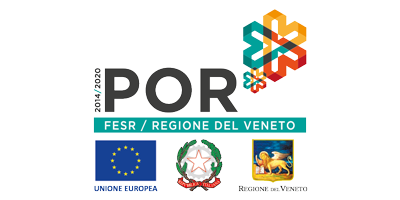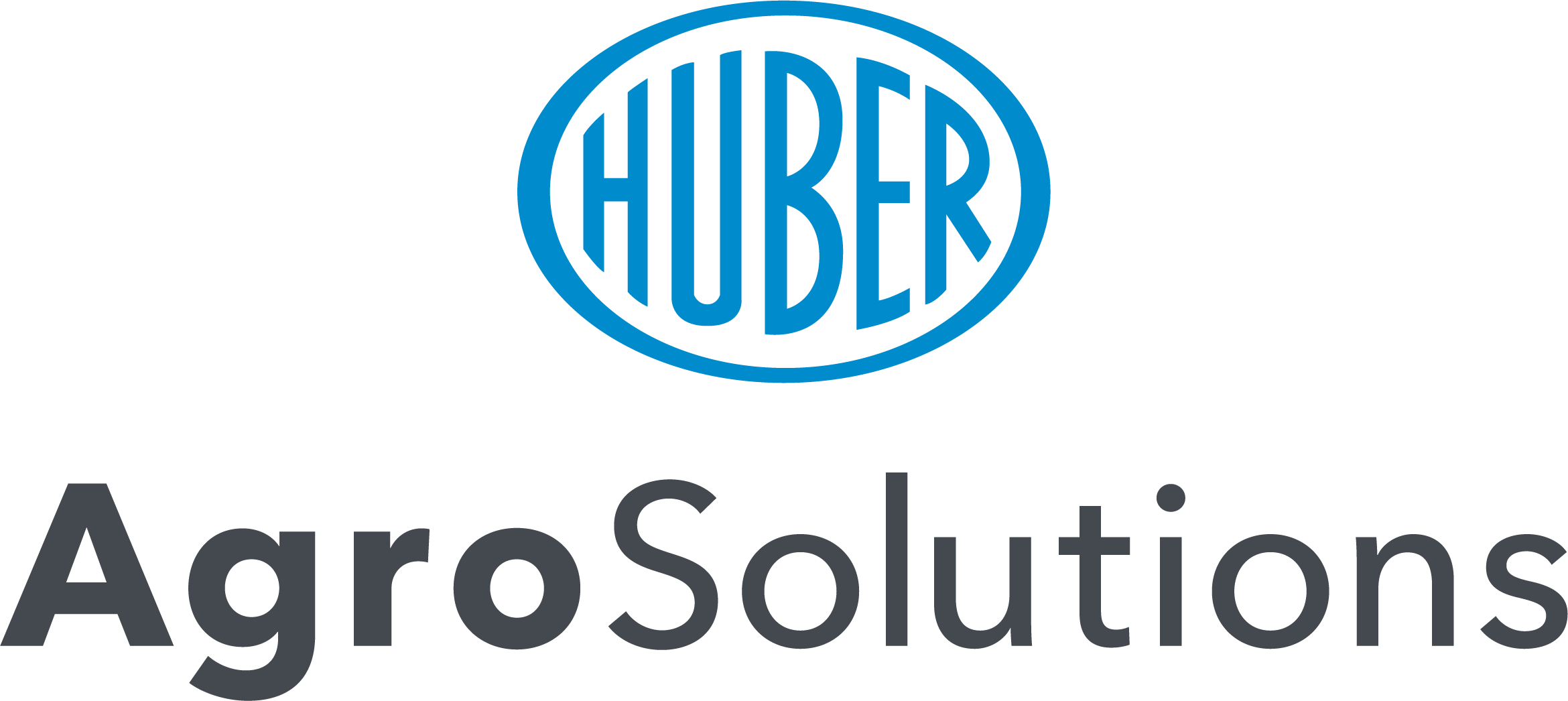Editorials
ILSA biostimulants led to nearly 350 euros more in gross saleable production per hectare for industrial tomato
ILSA natural bio-stimulants favoured an increase in the final yield of 9% and Bx degrees to plus 4% corresponding to 349 euros more per hectare for farmers.
01/09/2020
The processing companies recognise higher unit prices for industrial tomato producers according to the sugar content (°Bx), the dry substance at the harvest and the incidence of waste. In agronomic tests carried out in Piacenza in 2019, ILSA technicians found that the company bio-stimulants assisted an increase in yields and Bx degrees on industrial tomato crops of the H1015 variety.
During the cultivation cycle, treatments in foliar application were carried out by adopting the following protocol:
| Time | ILSA Thesis | Witness | Use |
|---|---|---|---|
| Post-transplant 13/06/2019 | IlsaPolicos: 10 kg/ha | Standard Fertilisation | Fertigation |
| 05/07/2019 | IlsaPolicos: 10 kg/ha | Standard Fertilisation | Fertigation |
| 05/07/2019 | IlsaVegetus: 2 kg/ha | - | Foliar application |
| 17/07/2019 | IlsaVegetus: 2 kg/ha | - | Foliar application |
| Since veraison phase to 22/09/2019 | IlsaKolorado: 3 kg/ha | - | Foliar application |
| 31/09/2019 | IlsaKolorado: 3 kg/ha | - | Foliar application |
The other fertilisation and phytosanitary defence treatments were similar for all theses, as per company practice.
Visual and biometric results
From the visual and biometric measurements, the ILSA thesis (compared to the witness) has obtained excellent results, in particular the following:
- Better vegetative growth of treated plants compared to untreated ones (Figures 1 and 2)
- Final yield increase + 9%
- Increase in sugar level + 4%
- Increased Gross Saleable Production of 349 euros / ha compared to the witness (Figures 3 and 4)
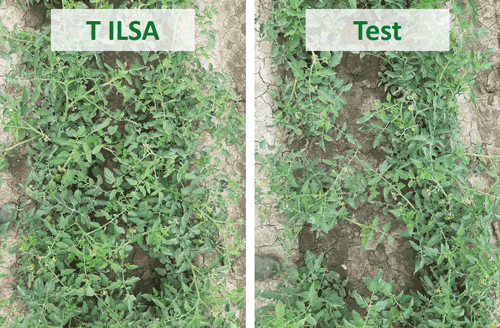
Figure 1: plants vegetative development; witness (on the right) and ILSA thesis.
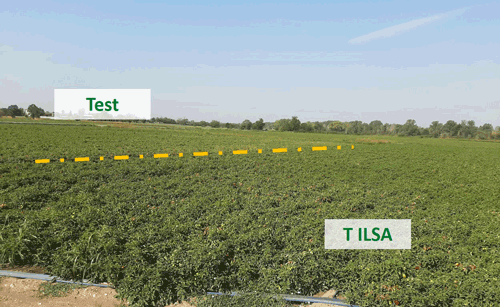
Figure 2: vegetative vigour on September the 30th; witness (up left-hand side of the picture) and ILSA thesis.
| ILSA Thesis | Witness | |
|---|---|---|
| Total production (kg/ha) | 153,973 | 141,628 |
| Saleable production (kg/ha) | 120,830 | 119,407 |
| Bx (°) | 4.24 | 4.09 |
| Payment to farmer (€/kg) | 0.0689 | 0.0668 |
| Increase of Gross Saleable Production (€/ha) | 349 |
0 |
Figure 3: data relating to final production, quality and profit of the two theses compared.
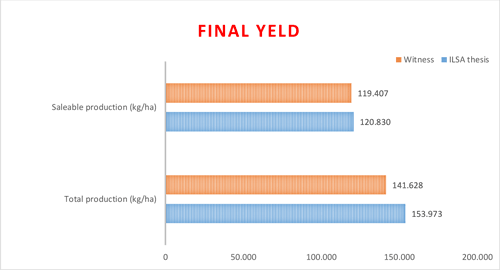
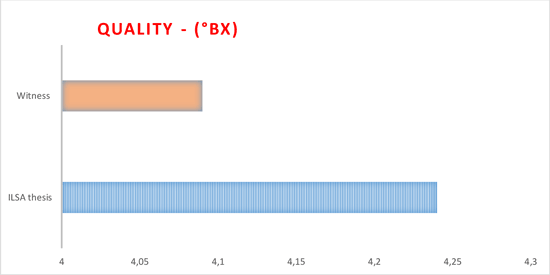
Figure 4: graphic representation of the biometric data collected in the compared theses.
The results were obtained thanks to the combination of three biostimulants.
The first is IlsaPolicos, a unique radical biostimulant derived entirely from plant origins and suitable for use in organic agriculture. It has been developed by using the CO2 superfluid technology extraction on fabacean plants. It stimulates plants' rooting and improves the first phases of the vegetative cycle - in particular the post-transplant phase of horticultural crops (industrial tomatoes, cucumber, watermelon etc). The natural triacontanol is among the organic components and contributes positively in stimulating the multiplication of cells in the plants while betaine, organic nitrogen and potassium favour the recovery of plants in post-transplant stress and in the development of new roots and root hairs.
The second biostimulant used in the test is IlsaVegetus. This is 100% plant based on the enzyme hydrolyzate of fabaceae. It is used for foliar application and is suitable for organic farming. The product is rich in organic molecules and has a specific effect on the plant (left-handed amino acids, natural triacontanol, saponins, γ- and β- aminobutyric acid, polysaccharides, etc.) which favours the differentiation of flower buds, fruit setting and activates the mechanisms of plant tolerance to environmental stresses (high transpiration, drought, sudden changes in temperature, etc.).
Lastly, IlsaKolorado is used as a nutritional specialty designed to promote the ripening processes of fruits and vegetables. Its formulation is the result of a highly innovative and technological process which, by unifying the highly available mineral nutrients combined with strong stimulating bioactive organic components, gives the nutritional formulation remarkable efficacy and rapidity of action.
The specific potassium/betaine ratio influences the synthesis and translocation of sugars towards ripening fruits; it also helps to prevent nutritional physiopathies related to potassium, which can easily hinder ripening and reduce fruit quality. The organic fraction is particularly rich in polysaccharides and bioactive plant extracts and performs a complex and protective action, promoting the absorption and delivery of the nutrients. Therefore, an improvement is obtained in the processes related to ripening and, in particular, to the resistance of the plant/fruit to environmental adversities (temperature changes, drought, etc.) which are frequent during the ripening phase and can reduce the final quality.
To view and download all the tests details, register on the website www.ilsagroup.com and access the "industrial tomato" culture section. You will be able to read how the nutritional and biostimulant specialties are positioned, according to the phenological phase.

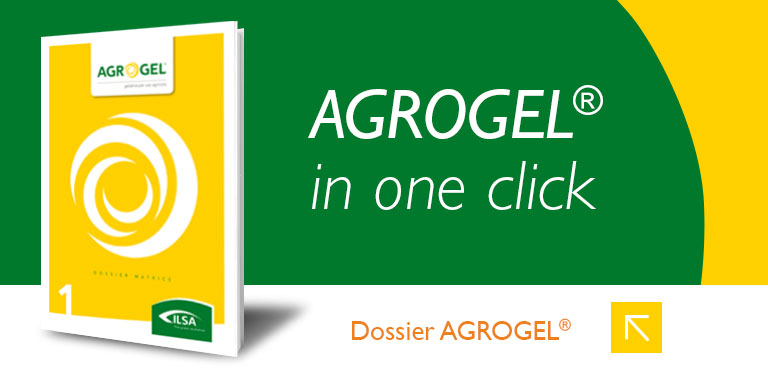
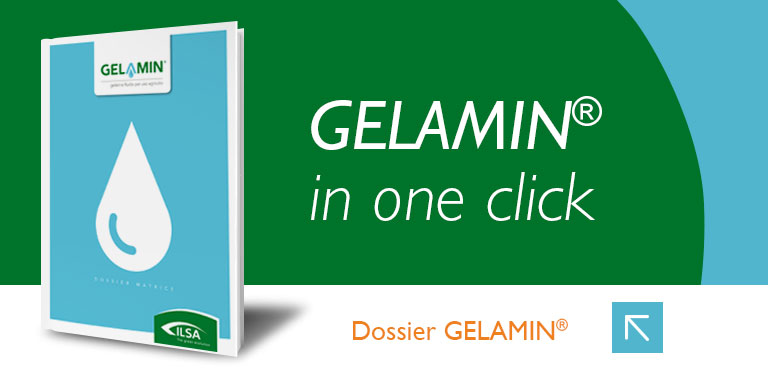
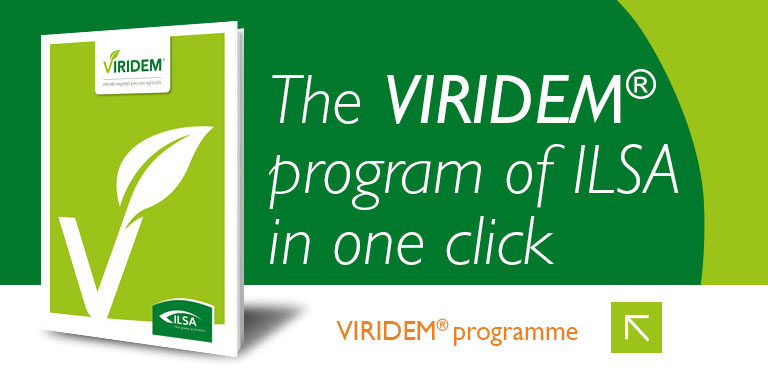

.png)
